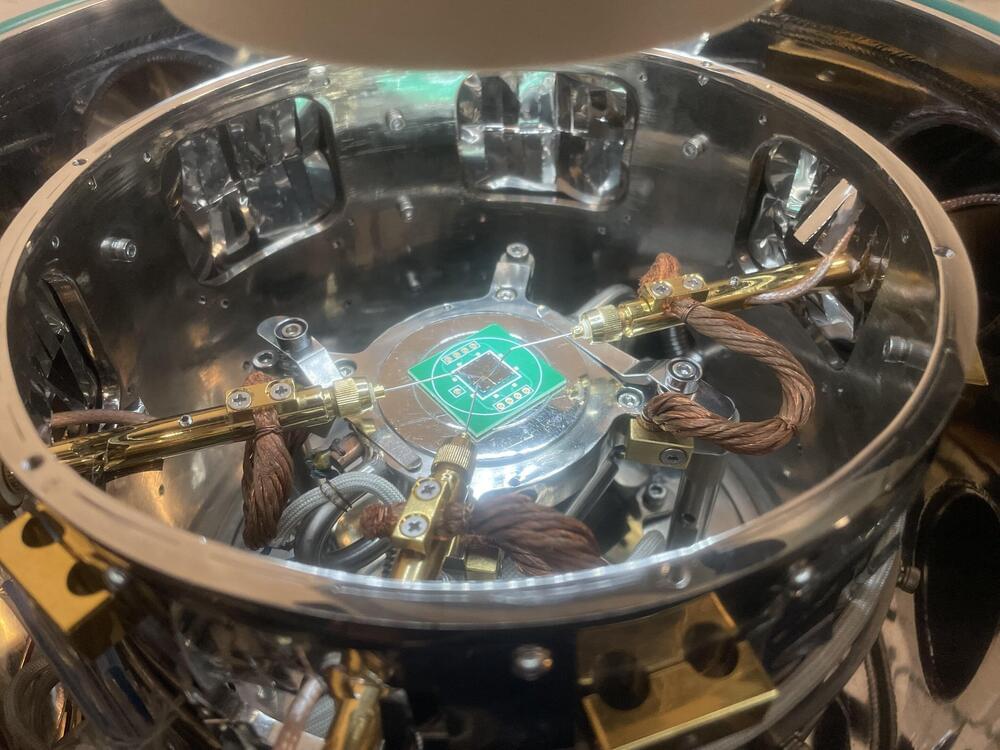A proton-driven approach that enables multiple ferroelectric phase transitions sets the stage for ultralow power, high-capacity computer chips.
A proton-mediated approach that produces multiple phase transitions in ferroelectric materials could help develop high-performance memory devices, such as brain-inspired, or neuromorphic, computing chips, a KAUST-led international team has found. The paper is published in the journal Science Advances.
Ferroelectrics, such as indium selenide, are intrinsically polarized materials that switch polarity when placed in an electric field, which makes them attractive for creating memory technologies. In addition to requiring low operating voltages, the resulting memory devices display excellent maximum read/write endurance and write speeds, but their storage capacity is low. This is because existing methods can only trigger a few ferroelectric phases, and capturing these phases is experimentally challenging, says Xin He, who co-led the study under the guidance of Fei Xue and Xixiang Zhang.
